So, you’ve made the big decision: you’re going to move abroad… sell your house, quit your job and carry on with heartfelt goodbyes to all your friends and family. You get on the plane and turn away from everything and everyone you know. New sensations start to arrive, equal parts excitement and nervousness. You’re so excited about the big move, but little by little, you begin to feel a bit anxious. You are in a beautiful new place full of adventure, but you don’t quite seem yourself. Something that you can’t quite put your finger on is “off”. Feel a little crazy? Don’t. It’s called Culture Shock, and it is a real thing.
Culture Shock & You
Culture Shock is not some phenomenon made up to make people feel better. It is a concept of human behaviour that has existed for centuries. In fact it has been studied by anthropologists and psychologists for over fifty years. Originally coined by Anthropologist Kalervo Oberg in 1960 , culture shock is defined as “the feeling of disorientation experienced by someone who is suddenly subjected to an unfamiliar culture, way of life, or set of attitudes.” It is the wave of thoughts, emotions and behaviors that come with living in a new place within an unfamiliar culture. These feelings may make you doubt your big decision to move abroad. However, you are just going through the natural process of adjusting to a new place. If this sounds familiar, I encourage you to accept how you’re feeling and know that it’s part of the process.
You may feel unable to fully express your identity or feel confused about your own culture and social norms. Feelings of isolation, nervousness, annoyance and fear are common. It can be frustrating, but I promise it is not a sign that you are in the wrong place, or that you made the wrong decision. It is part of the personal journey in learning more about yourself, how to express your identity, and the beautiful challenge of living in a new country. If you understand what it is, you can be prepared to confront both the glamour and reality of living abroad.
[color-box color=”green”]
The 4 Stages of Culture Shock
As explained by anthropologists and psychologists alike, cultural shock comes in a series of stages. It is important to note that for some people, this process is not linear. Rather you will likely jump between stages or get stuck somewhere in the middle. There is also no timeline for these stages. If you decide to stay abroad, you will likely move through all 4 of the phases within 12-18 months.
The Honeymoon Stage
The Honeymoon Stage romanticizes the new and exciting environment, the “wow! I can’t believe I live here!” You say your goodbyes to all things familiar, take a flight, and get off the plane with eyes full of wonder and a long to-do list of all the spots, restaurants, and parts of town you want to see. This can last for days or months as you continue on vacation mode in your new home.
The Crisis Stage
The Crisis Stage is the initial feelings of homesickness or longing for your local customs. You may find yourself saying, “Well why do they do it this way? Don’t they know this other way would be so much more efficient?” Feelings start to emerge as though you’re dividing your conversations into “we” and “them”. Frustration, misunderstanding or aggressiveness to local customs is also common. The rose- coloured glasses come off. You start to recognize what is missing from your new home and boast why certain things are better in your own country or culture. You may find a desire to vent and bond with those who are like you, and in doing so create a bubble that replicates your customs and social norms. It is possible to stay in the crisis stage forever, or move forward in a matter of months up to a year.
The Adjustment Stage
The Adjustment Stage refers to the gradual transformation from feelings of isolation or fear to more comfort and confidence in your daily life. You may start to learn the language, gain a knowledge of social customs, or gain confidence in your ability to run errands independently. This period of transition marks a great feeling as you begin to appreciate your new home and the cultural differences. Does that mean things are always perfect? No. But, you begin to develop the coping mechanisms for when you’re feeling homesick and you recognize that this personal challenge could be a beautiful one. You may become a mentor to others who were in a similar circumstance, and you may even become so proud of your new home that you have negative feelings against your own culture.
The Acceptance Stage
The Acceptance Stage entails your acceptance of your new home for what it is. There is a new level of integration where you actually feel like you are part of the society. Ideally, you will be able to appreciate the place and culture where you come from, and simultaneously appreciate your new way of life. This can be a difficult balance, as you may feel so integrated in your new home’s culture that you lose sight of your own. This identity crisis is normal, especially for those who travel the world to work in different countries. If you’ve made it to the adjustment stage you can thrive at your fullest in the country you now call home.[/color-box]
Reverse Culture Shock Happens Too
A phenomena within itself the bears mentioning is reverse culture shock. Once you come to appreciate factors of your new home, you may return to your country with feelings of frustration. Why are natural products so expensive? When did traffic back home get so terrible? Is everyone extra stressed now, or is it me ? These feelings are normal, and go to show the reality and challenges of living life abroad. Whether you identify as a world traveler, immigrant, expat, or someone that works abroad often, you will likely be confronted with questions of your identity and how living in more than one country can confront you with personal questions about your identity.
Coping with Culture Shock
Culture shock is different for every person. In a new country some may go through the phases in a month, others never feel fully at home. Anthropologist Rachel Irwin suggests preparing for cultural shock by researching and being prepared for what challenges to expect. Once on the ground, you’ll have to develop a sense of belonging in some fashion. Whether that means learning the language, participating in community activities, meeting the neighbours, or developing a purpose to some degree, taking these steps are critical to progressing through culture shock. Methods of coping with the fears or anxieties that accompany culture shock can make a new country feel more like home as each day passes by.

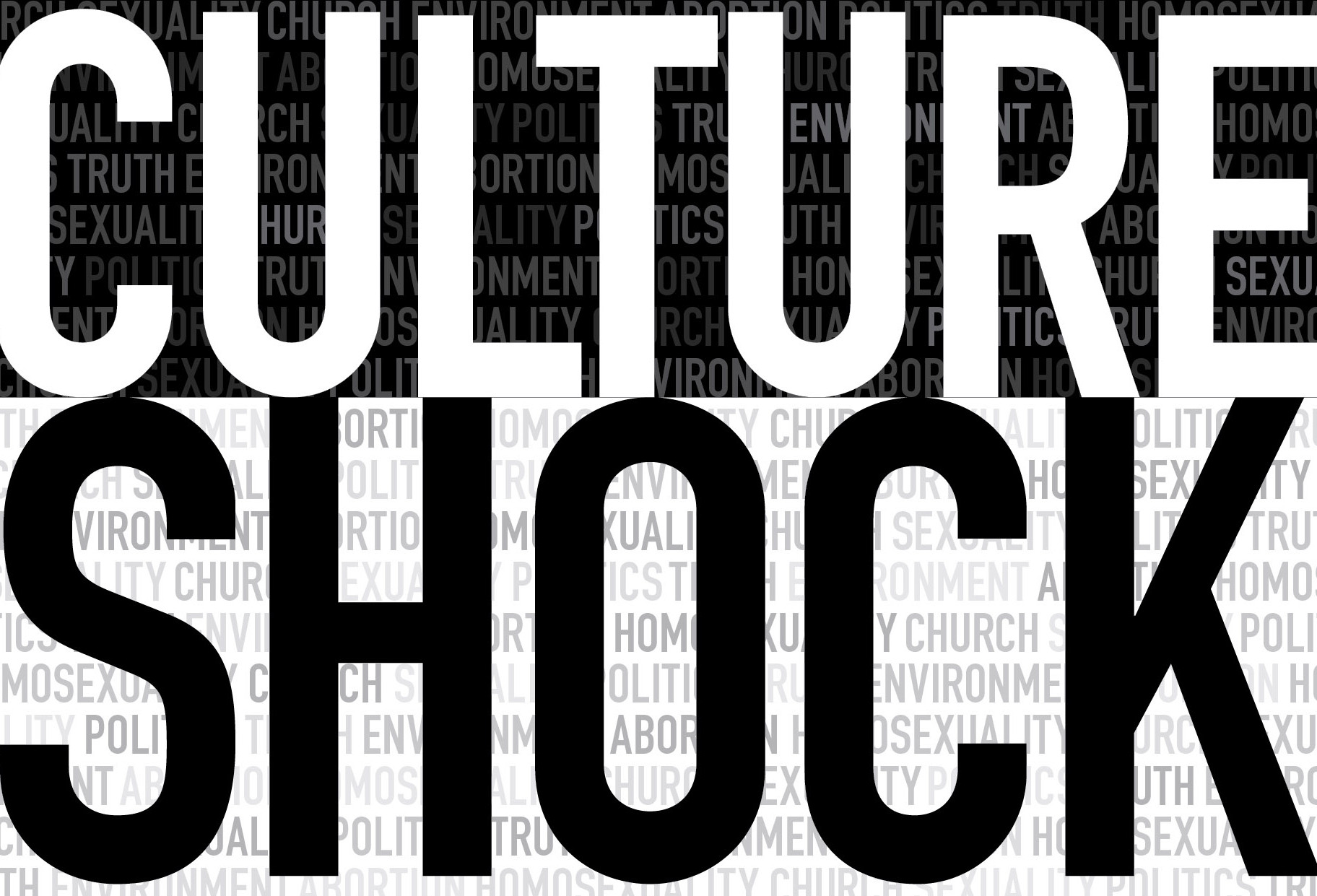


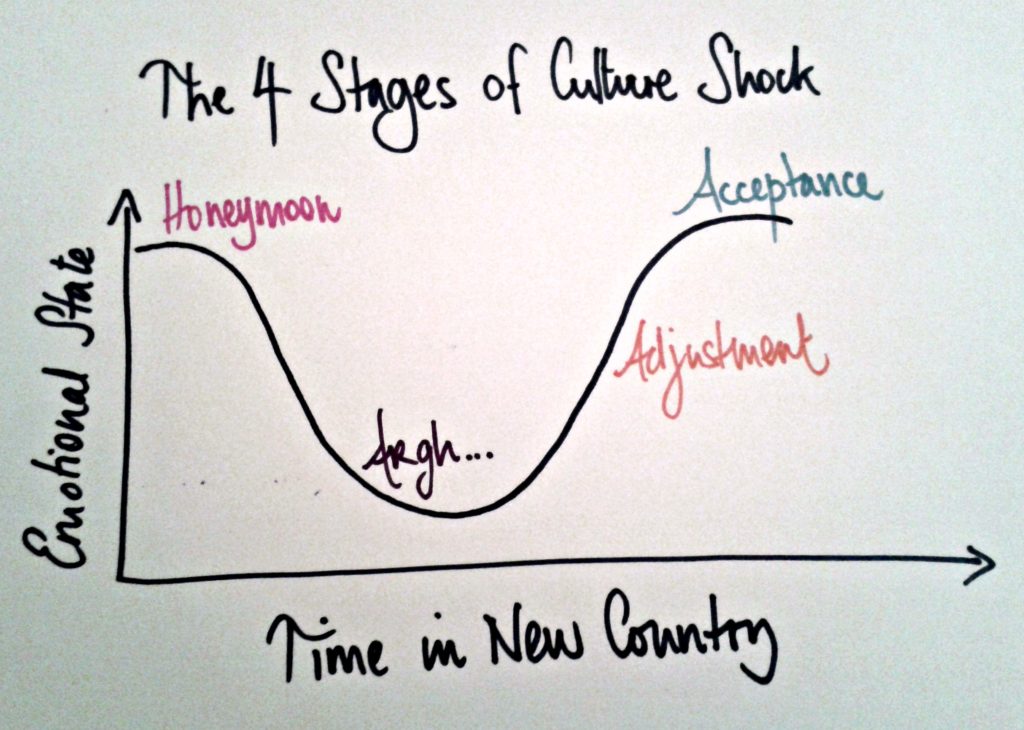







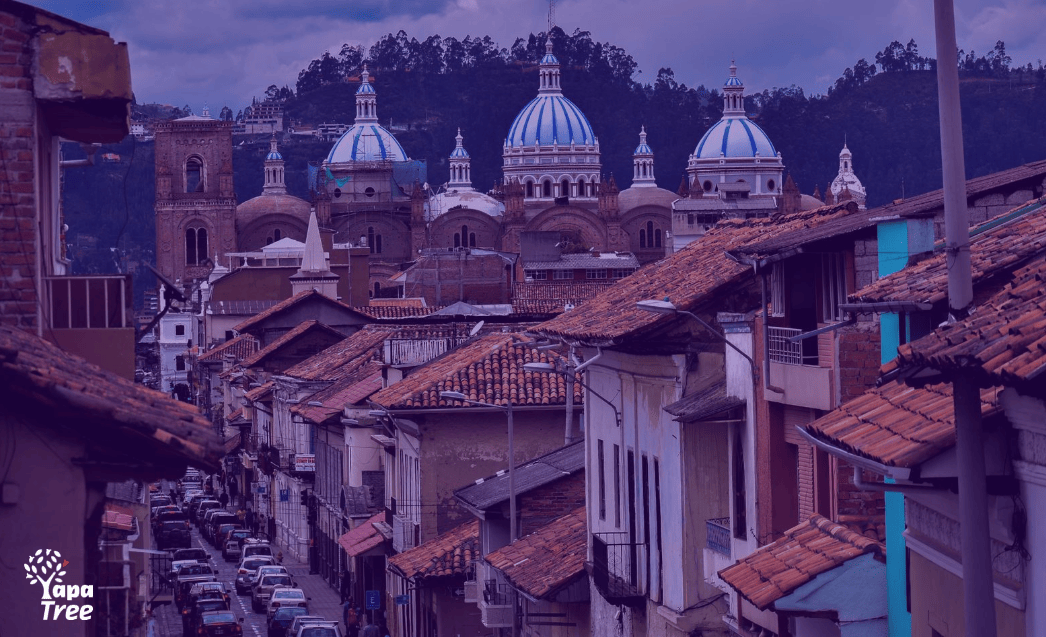
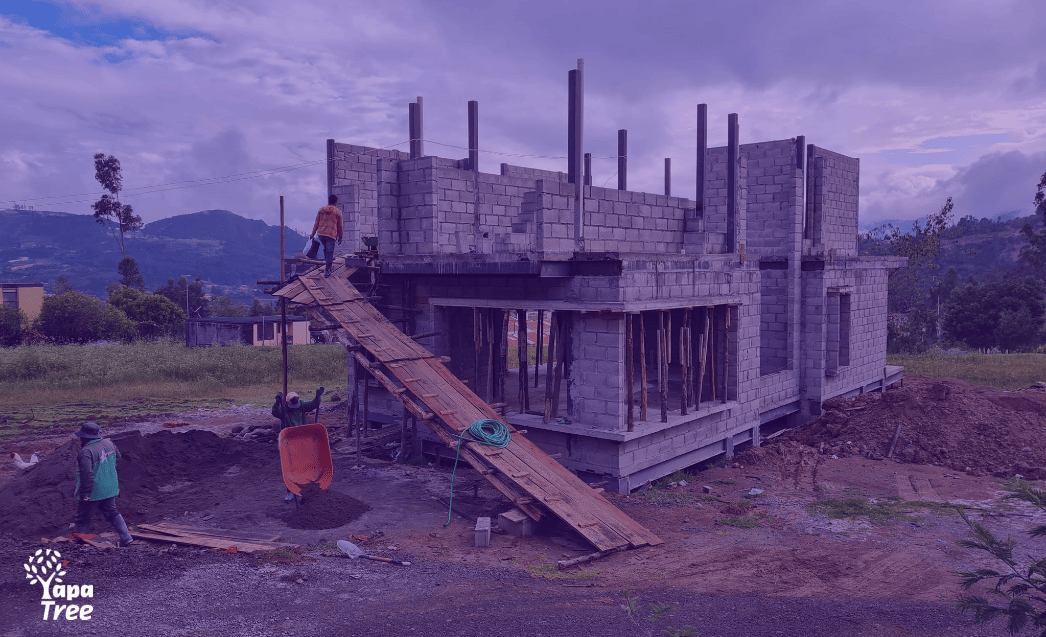

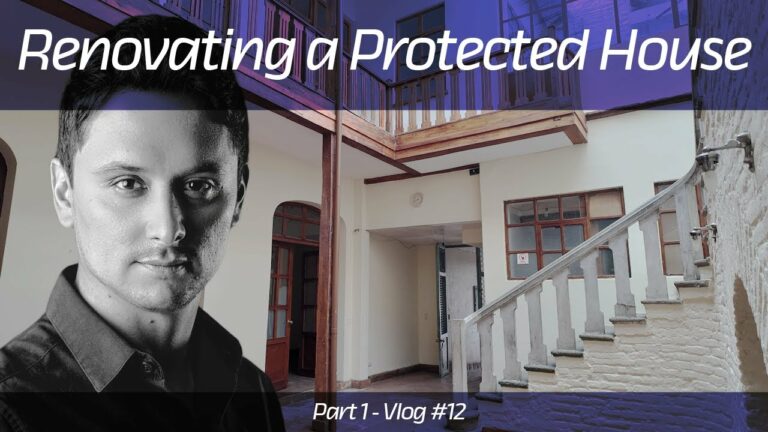

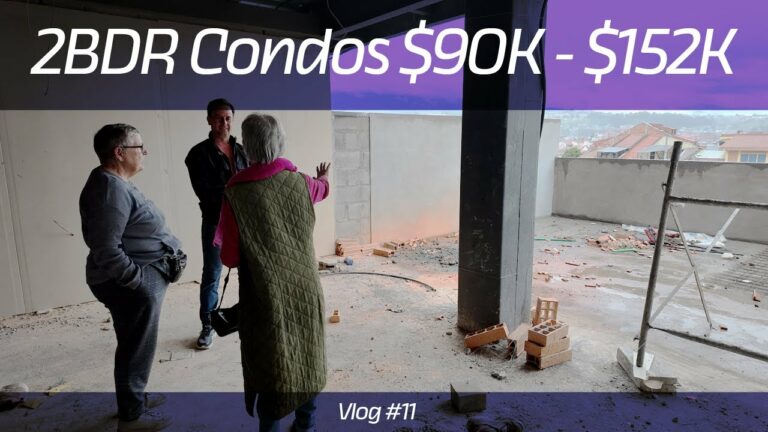

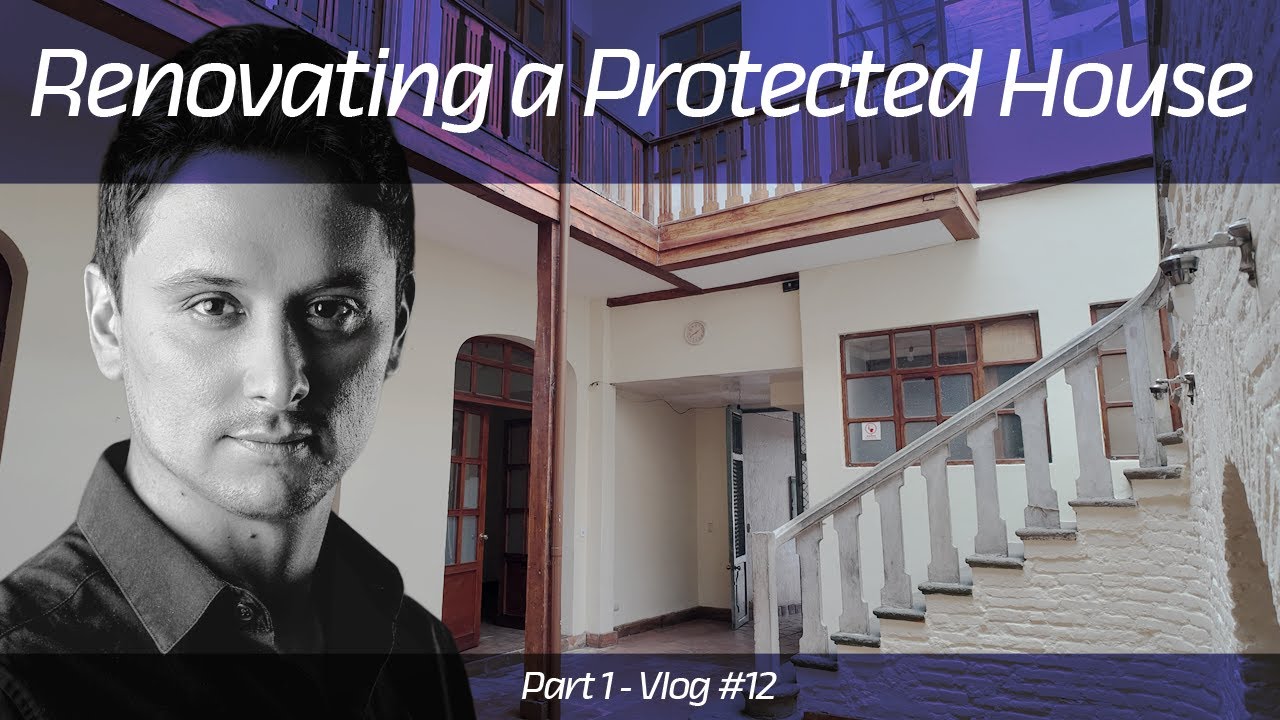

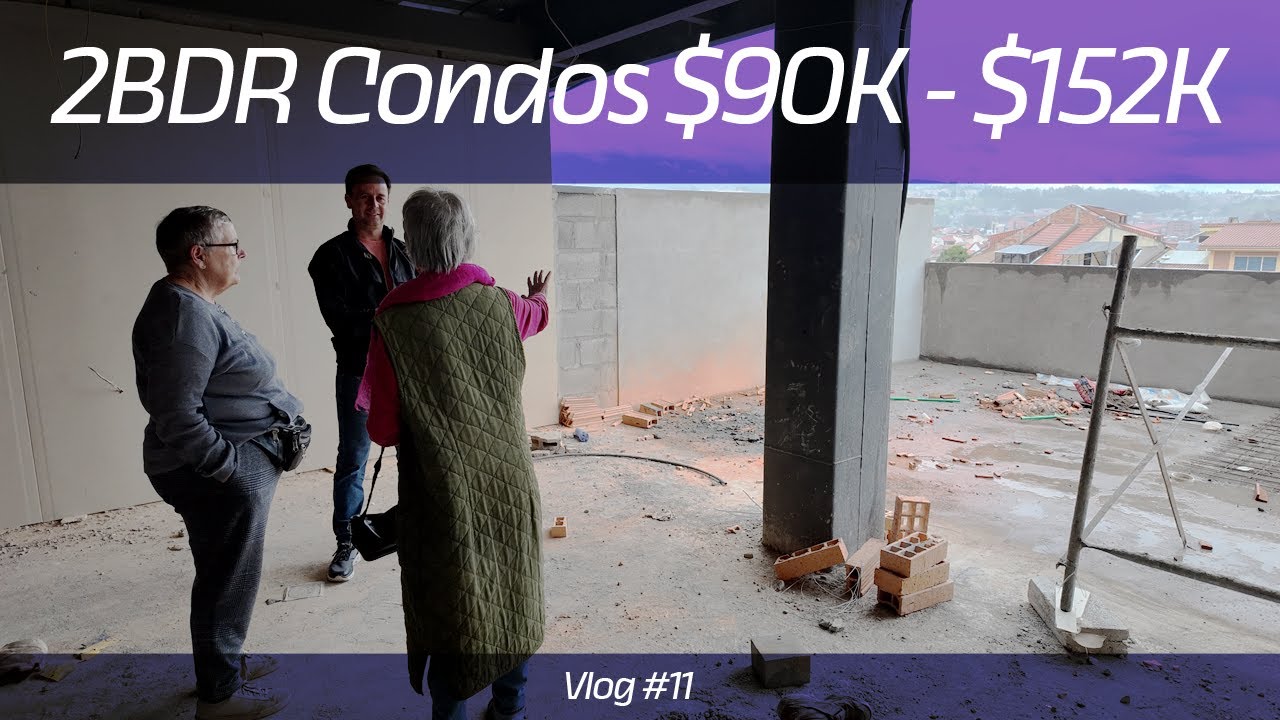
3 Responses
We lived in 5 different countries over a period of 26 years. We noticed that those expats who were the most unhappy, moved overseas for economic reasons. Examine what each place offers in terms of cultural, educational and recreational opportunities preferred by you. We found Cuenca perfect for us when raising children, but as an old retired couple, Quito suited us much better. You can always find good, nice people in any country. You can also find ways to live safely in almost any country.
This is an old post, but wondering, if Frank is still here, why Quito suited you better as an “old retired couple” than Cuenca. Thank you
Cuenca was a great place to raise kids and Cajas was wonderful, but after our 6 kids went off to college in the USA, we found Quito to be easier for U.S. and international travel and also Quito has more cultural venues. As we got older and were without the kids, we did less hiking, camping and fishing in Cajas.